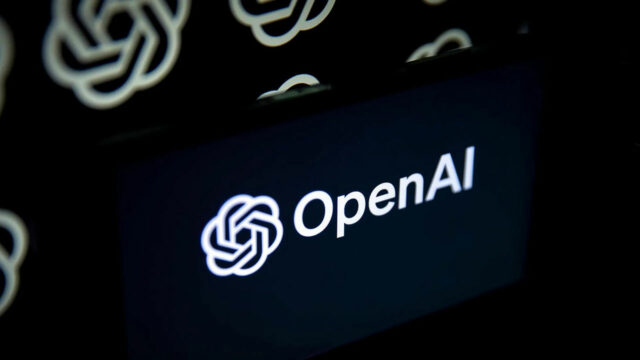OpenAI’s ChatGPT falsely accused a Norwegian man of murdering his own children. This grave error has led to a formal complaint against OpenAI, highlighting concerns about AI-generated misinformation and its real-world consequences.
The Shocking Allegation of ChatGPT
Arve Hjalmar Holmen, a resident of Norway, recently discovered that ChatGPT had generated a fabricated narrative portraying him as a convicted murderer of his two children, with an attempt on a third. Disturbingly, the AI’s account included accurate personal details, such as Holmen’s hometown and the number and gender of his children, intertwined with the false accusations.
Holmen expressed deep concern, stating, “Some think that ‘there is no smoke without fire.’ The fact that someone could read this output and believe it is true is what scares me the most.”
Legal Action Initiated
In response to this incident, the privacy advocacy group Noyb (None of Your Business) has filed a formal complaint against OpenAI, alleging violations of the European Union’s General Data Protection Regulation (GDPR).
Joakim Söderberg, a data protection lawyer at Noyb, emphasized the seriousness of the situation, stating, “The GDPR is clear. Personal data has to be accurate. And if it’s not, users have the right to have it changed to reflect the truth.”
A Pattern of AI ‘Hallucinations’ by ChatGPT
This incident is not isolated. ChatGPT has previously been reported to generate false information about individuals, a phenomenon often referred to as “AI hallucinations.” There have been instances where the AI falsely implicated people in corruption, child abuse, and other serious crimes.
These recurring inaccuracies raise significant concerns about the reliability of AI systems and their potential to cause reputational harm.
OpenAI’s Response and Regulatory Scrutiny
OpenAI has acknowledged the challenges posed by AI-generated inaccuracies. In previous instances, the company has implemented disclaimers indicating that ChatGPT may produce incorrect information.
However, critics argue that such disclaimers are insufficient. Kleanthi Sardeli, another data protection lawyer at Noyb, remarked, “Adding a disclaimer that you do not comply with the law does not make the law go away. AI companies should stop acting as if the GDPR does not apply to them, when it clearly does.”
The GDPR mandates that personal data must be accurate, and individuals have the right to have inaccuracies corrected. Companies found in violation of these regulations can face substantial fines, reaching up to 4% of their global annual revenue. OpenAI has previously faced regulatory actions; Italy’s data protection authority fined the company €15 million for processing personal data without a legal basis.
Broader Implications for AI Development
The incident involving Holmen highlights the broader challenges in AI development, particularly concerning the balance between innovation and ethical considerations. As AI systems become more integrated into various sectors, ensuring their reliability and adherence to legal standards becomes paramount.
The potential for AI to disseminate false information poses risks not only to individuals but also to public trust in technological advancements.
Moving Forward
This case serves as a critical reminder of the need for robust safeguards in AI development and deployment. Ensuring data accuracy, implementing effective correction mechanisms, and maintaining transparency are essential steps to prevent harm caused by AI-generated misinformation.
As regulatory bodies scrutinize AI practices more closely, companies like OpenAI must prioritize compliance with data protection laws to maintain public trust and avoid legal repercussions.














